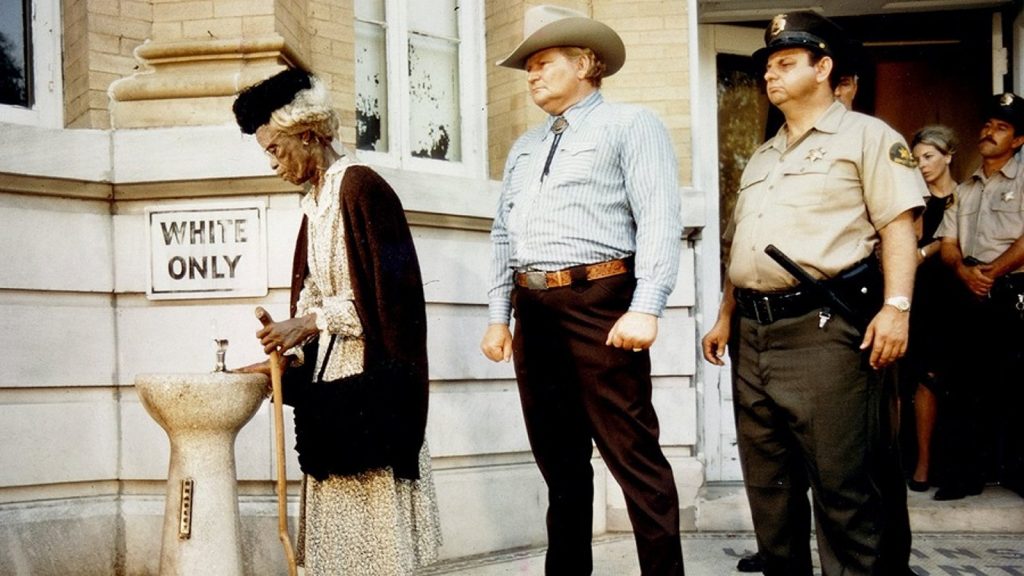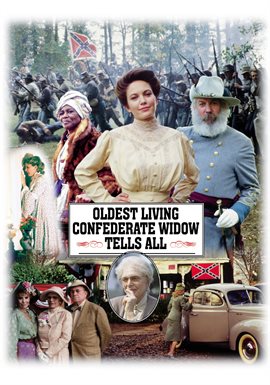By Tom Warner (Best & Next Department)
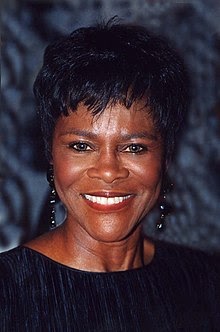
Dec. 19, 1924 – Jan. 28, 2021
February is Black History Month, a time when we celebrate the outstanding achievements by African Americans and their important role in U.S. history. It is a fitting time to pay tribute to Cicely Tyson, an actress whose television portrayals of strong Black women – from the fictional Miss Jane Pittman to Harriet Tubman and Coretta Scott King – lent a dignity to their stories that reached a vast national audience. Ms. Tyson died January 28, age 96; in a career spanning seven decades, she won three Primetime Emmy Awards, four Black Reel Awards, one Screen Actors Guild Award, one Tony Award, an honorary Academy Award, and a Peabody Award, as well as the Presidential Medal of Freedom in 2016. The Washington Post characterized her legacy as the ability to embody “women of great poise striving under great pressure.” In fact, the former model and one-time wife of jazz musician Miles Davis made it a point to turn down demeaning roles and only accept those reflecting “strength, pride and dignity.”
Though her career stretched back to the 1950s, it wasn’t until the 1970s that she made her breakthrough, starting with her Oscar- and Golden Globe-nominated portrayal of a sharecropper’s wife in Sounder (1972). Tyson then exploded into national consciousness with her acclaimed portrayal of a 110-year-old emancipated slave in the television movie adaptation of Ernest J. Gaines’ novel The Autobiography of Miss Jane Pittman (1974), for which she won two Emmys (Best Lead Actress in a Drama, Actress of the Year – Special). She would go on to appear in the television miniseries Roots (1977), before portraying Coretta Scott King in the miniseries King (1978) and Harriet Tubman in the made-for-TV movie A Woman Called Moses (1978).
Tyson continued to work on stage and screen well into her 90s, with acclaimed late-career performances in A Lesson Before Dying (1999), The Rosa Parks Story (2002), The Help (2011), and the TV series How To Get Away With Murder (2014). She won a Tony as Best Actress for the 2013 play The Trip to Bountiful and received her last Emmy (Best Sporting Actress) for the 1994 miniseries Oldest Living Confederate Widow Tells All. Her long-awaited autobiography Just As I Am (2021) was published just two days before her death.
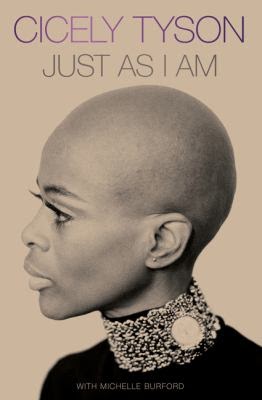
by Cicely Tyson
Book
So as we celebrate Black History Month, let’s look back at the career of this talented actress by watching some of her most acclaimed films that are available to check out from Pratt using our Sidewalk Service, Books-by-Mail or digital streaming services.
Tyson’s breakthrough film saw her portray 110-year-old ex-slave Jane Pittman, who grants an interview to a persistent journalist as she relates the remarkable story of her life, framed by the horrors of slavery and racial turmoil during the civil rights movement in 1960s Louisiana. This adaptation of the novel by Ernest J. Gaines won nine Emmys, including two for Tyson.
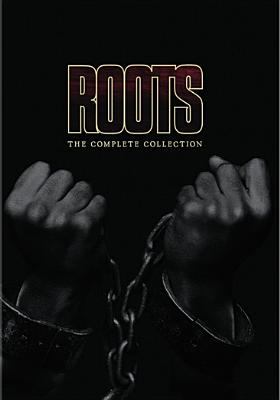
DVD
In this iconic series based on the novel by Alex Haley, Cicely Tyson plays Binta, the mother of Kunta Kinte. During filming, Cicely lost her own mother.
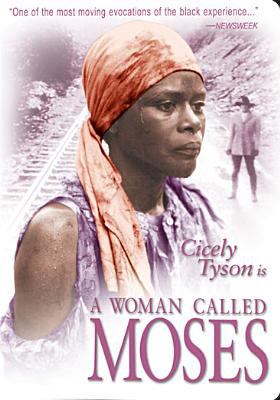
by Paul Wendkos
DVD
Long before Cynthia Erivo’s portrayal in Harriet (2019), Cicely Tyson brought Harriet Tubman to life in this made-for-TV film about the Maryland-born abolitionist (codenamed “Moses”) who helped slaves escape to freedom through the Underground Railroad.
Tyson won a Best Supporting Actress Emmy for her portrayal of Castralia, the Marsen family slave, in this adaptation of the novel by Allan Garganas.
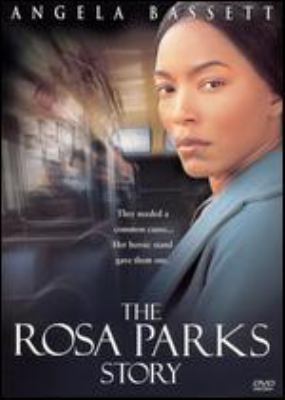
by Christine Sacani
Video
See Tyson portray Rosa Parks’ mother Leona Edwards McCauley in this biography of the Civil Rights activist directed by Julie Dash (Daughters of the Dust).
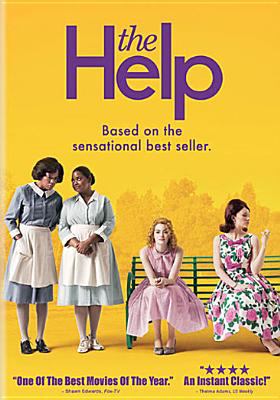
by Tate Taylor
Video
Tyson plays Constantine Jefferson, the maid who becomes more of a mother to Skeeter Phelen (Emma Stone) than her own mother Charlotte (Allison Janney) in this Upstairs, Downstairs examination of race and class in the American South.
